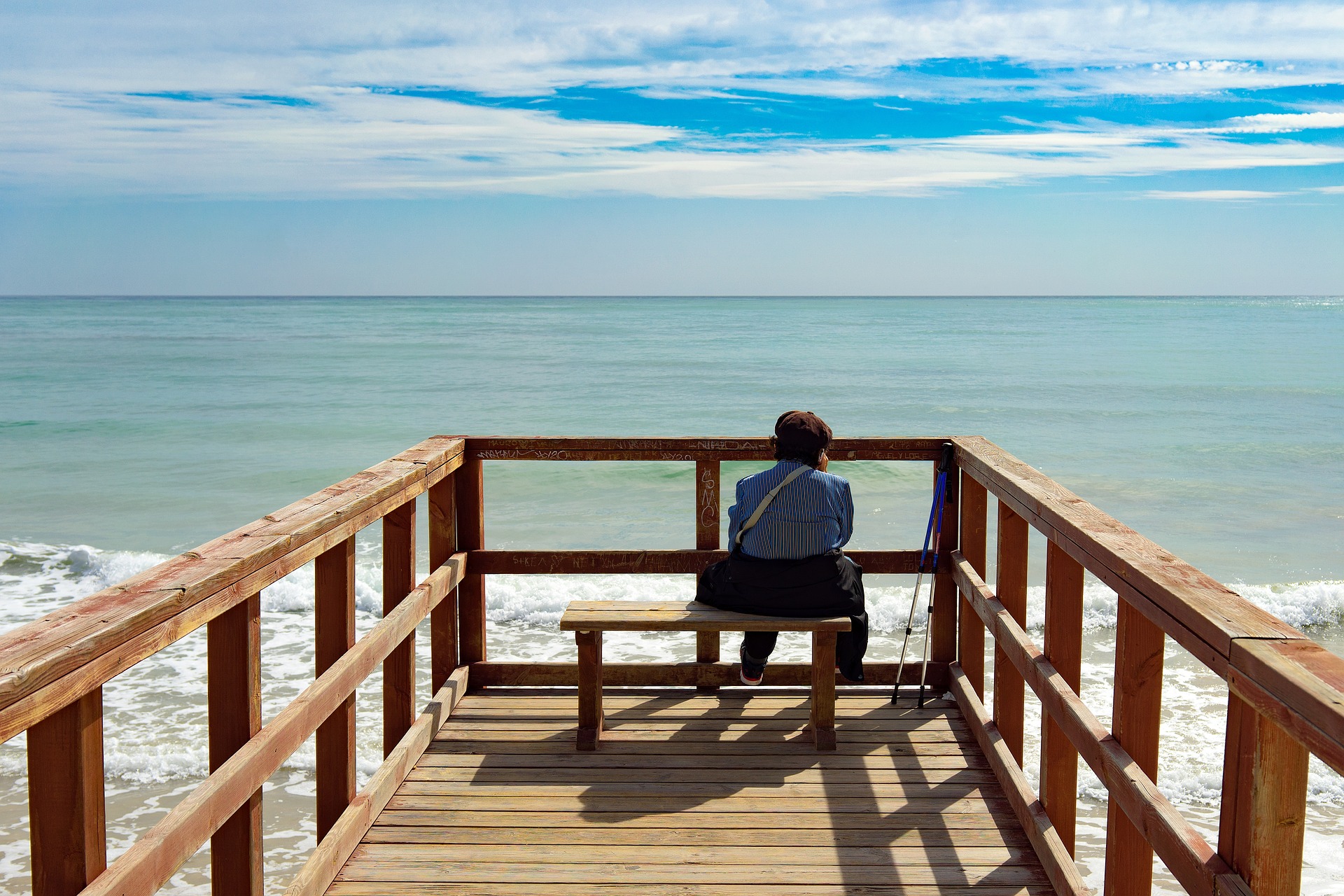Mental Health Barriers & How to Help Seniors Dealing with Depression or PTSD
Mental health issues are a very real concern for seniors. According to World Health Organization, approximately 15% of adults over the age of 60 suffer from a mental disorder — and this number doesn’t even include those who are undiagnosed. Aside from diseases that physically deteriorate the brain, like Alzheimer’s, older adults are prone to an array of mental illnesses. Depression and PTSD included, these disorders are often overlooked despite their potential for grave impact. Nevertheless, mental health is just as important as physical health to understand and address.
Why are seniors still not getting the mental health treatments they need?
Once again, the elderly often goes under-treated or untreated for mental health concerns. Here’s why:
- Mental health as a whole is understudied thus undervalued: Unfortunately, research on mental health as a whole is a huge challenge. Unlike X-rays, blood tests, and other means of testing physical health, there is not yet a concrete way to monitor or even diagnose somebody with mental health problems. Because of this, it may be taken less seriously and access to care is simply limited in comparison to physical ailments.
- Symptoms can easily be mistaken for other conditions: Many seniors suffer multiple health problems at one time. Plus, old age adds another factor. It’s not uncommon for it to be difficult to diagnose a mental disorder when its symptoms overlap with other illnesses. The mental illness may therefore go unnoticed.
- Stigma: Because of the aforementioned lack of concrete study done on mental health, there is a social stigma attached to having an illness of this variety. These attitudes towards mental illness fuel discrimination, making it hard for older adults to reach out for help. Seniors may be unwilling to seek help due to embarrassment or fear of being judged. Their caregivers or family members may even be in denial.
- The belief that it is already too late: In older age, people tend to think there is no point in making changes in terms of mental wellbeing. This can apply to the older people themselves or the loved ones that look out for them.
- Physical and financial challenges: For some seniors, inaccessibility to health care in general may be the reason their mental health is also untreated. People with mobility issues and lack of funds have a much harder time getting the care they need.
- Service Availability: A big one, especially with mental healthcare, is that treatments are so vast and individual needs are so different that services might not be available in all communities. In addition, certain treatments may not be publicly funded or covered by insurance.
What can be done to help seniors with their mental health?
If you are concerned about your own mental health or a loved one’s, consider speaking to your family doctor, friends, and family about your options. With mental illnesses, there is such a variety of treatment options; every individual’s needs are different.
Here are some of our other resources on senior mental health:





Comments
Anyone with depressions or ptsd needs love and attention. The amount requried grows with age. The elderly repeatedly feel alone and often shunned from society.
While there are treatments available to help seniors overcome their fear after a trauma, family and friends can help them by providing moral and emotional support so cannot lose hope and stay motivated.
[…] increase the mobility factor for the person with a disability. Not only will it bring about that mental health satisfaction of having the freedom to move about but physical ease as well. It will motivate them […]